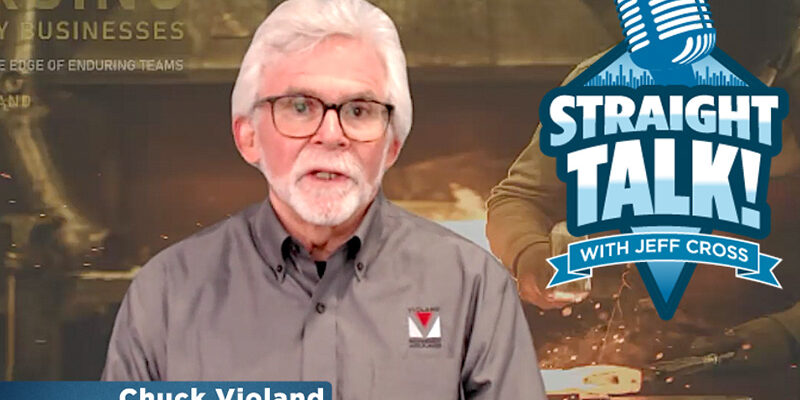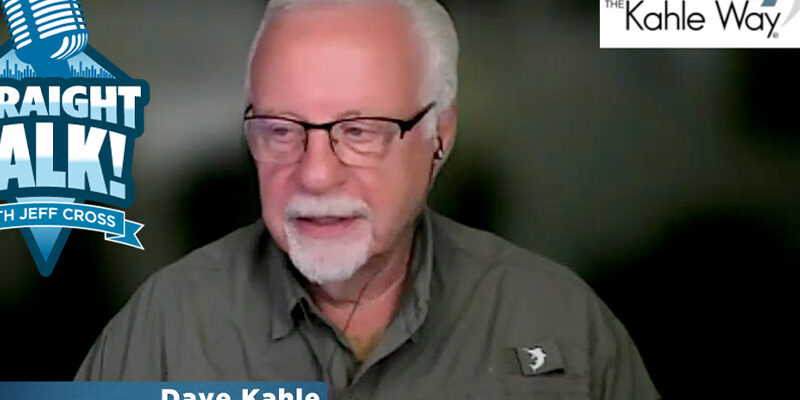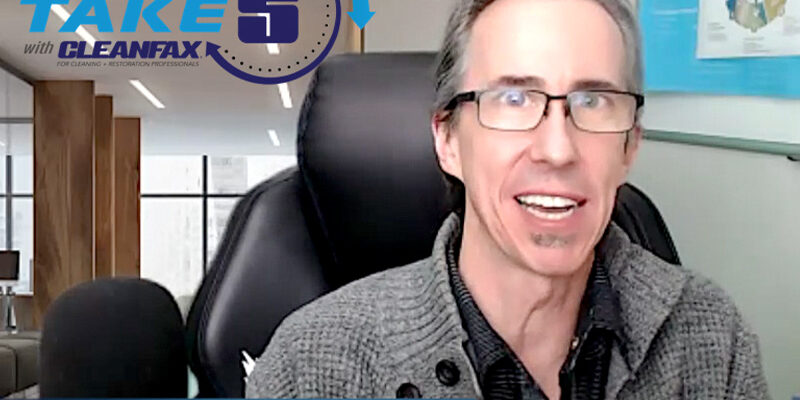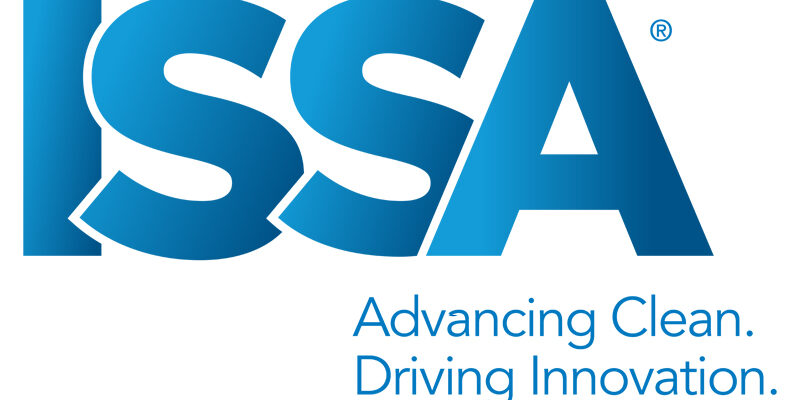Embracing the Messiness: Turning Chaos Into Success

By Chuck Violand
I’m a generally messy person. It’s one of the characteristics carried over from my youth. Growing up, there was never any doubt about where I sat at the dinner table. All you had to do was look to see where the most food crumbs were after the table had been cleared, and that was my spot.
While I continually strive to improve in this area, it can still drive my wife and the people I work with crazy. I think it’s even possible they’ve decided I’m most comfortable in a messy environment, and this thought occurs in me, too.
Messiness isn’t limited to people. Government can be messy, which probably comes as no surprise to any of us now. But think about the original signers of the Declaration of Independence. Do you think they could have envisioned all the messiness that would be involved in guiding the nation as it grew beyond its original thirteen colonies? There’s no way they could have. The geographic expansion, the population explosion, and the overall complexity of the issues our leaders face in today’s more complex world could not possibly have been fathomed back in 1776.
Businesses, large and small, can be messy, too. When you own or manage a business, it seems like you’re always creating or cleaning up messes—either your own or someone else’s. And the bigger a business grows, the messier the messes seem to get. That’s just part of leading a growing organization and something that can’t be avoided, no matter how hard we might try.
Messiness in business comes in different forms. Sometimes it’s having to make decisions we don’t want to make, ones we may feel we didn’t sign up for when we started our company, and that we may not be emotionally equipped to make now—unpopular decisions that might involve people we care about but that still need to be made because more people are affected by these decisions now that our company is larger.
Messiness can come in the form of complicated relationships with our employees, our customers, and our competitors that were far less complicated when our business was younger. There were fewer moving parts then and clearer expectations for everyone. As our business grows, messiness can be maintaining alignment with the guiding principles upon which the company was founded, even though we may not have realized at the time that we even had guiding principles.
Perhaps, rather than fight the messiness, we should accept that messiness in business is part of growth and change. Without it, we are stagnant. And, although life might be less messy, is that really what we want?
One of the reasons I believe we like to celebrate beginnings or “the good old days” is because they bring back memories of simpler times—times when our focus was clear and our world was less cluttered and seemed full of possibilities. Reminiscing gives us the chance to take a mental break from the messiness of today. Whenever we find ourselves feeling overwhelmed in business, it’s a good idea to hit the pause button, take a deep breath, and reflect on the ideals upon which we started our company, and consider the people, circumstances, and, yes, even the layers of complexity (messiness) added over the years that have led to our success.
Chuck Violand is the founder and principal of Violand Management Associates (VMA), a highly respected consulting company in the restoration and cleaning industries. Through VMA, he works with business owners and companies to develop their people and profits. To reach him, visit
violand.com or call 800-360-3513.












